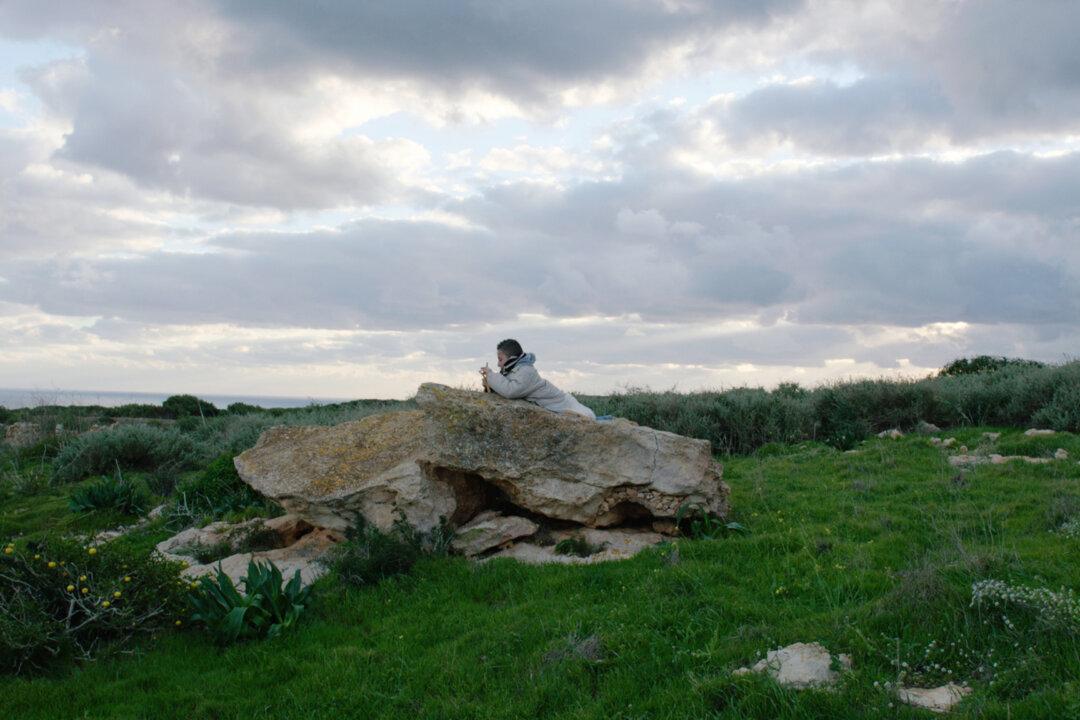NEW YORK—Gianfranco Rosi had wanted to make a film about the migrant crisis, something to bring attention to the thousands and thousands who flee to Europe via a harsh journey that costs many of them their lives.
So he spent a year on the little Mediterranean island of Lampedusa, something of a midway point between Italy, Tunisia, and Libya that has already seen over 15,000 migrants this year and serves as a beacon of hope for many refugees.
Soon, the initial idea to make a short film was completely flipped on its head. What Rosi encountered was both brutal reality and something that felt surreal, like an imaginary world.
Rosi saw the magnitude of the situation and moved to Lampedusa to find a way to capture the island’s story. He brought his editor as well, to get him “really immersed in the island.”
At a recent screening of the film, Rosi described an event that changed the course of his story: A chance encounter with a precocious young boy named Samuele.






